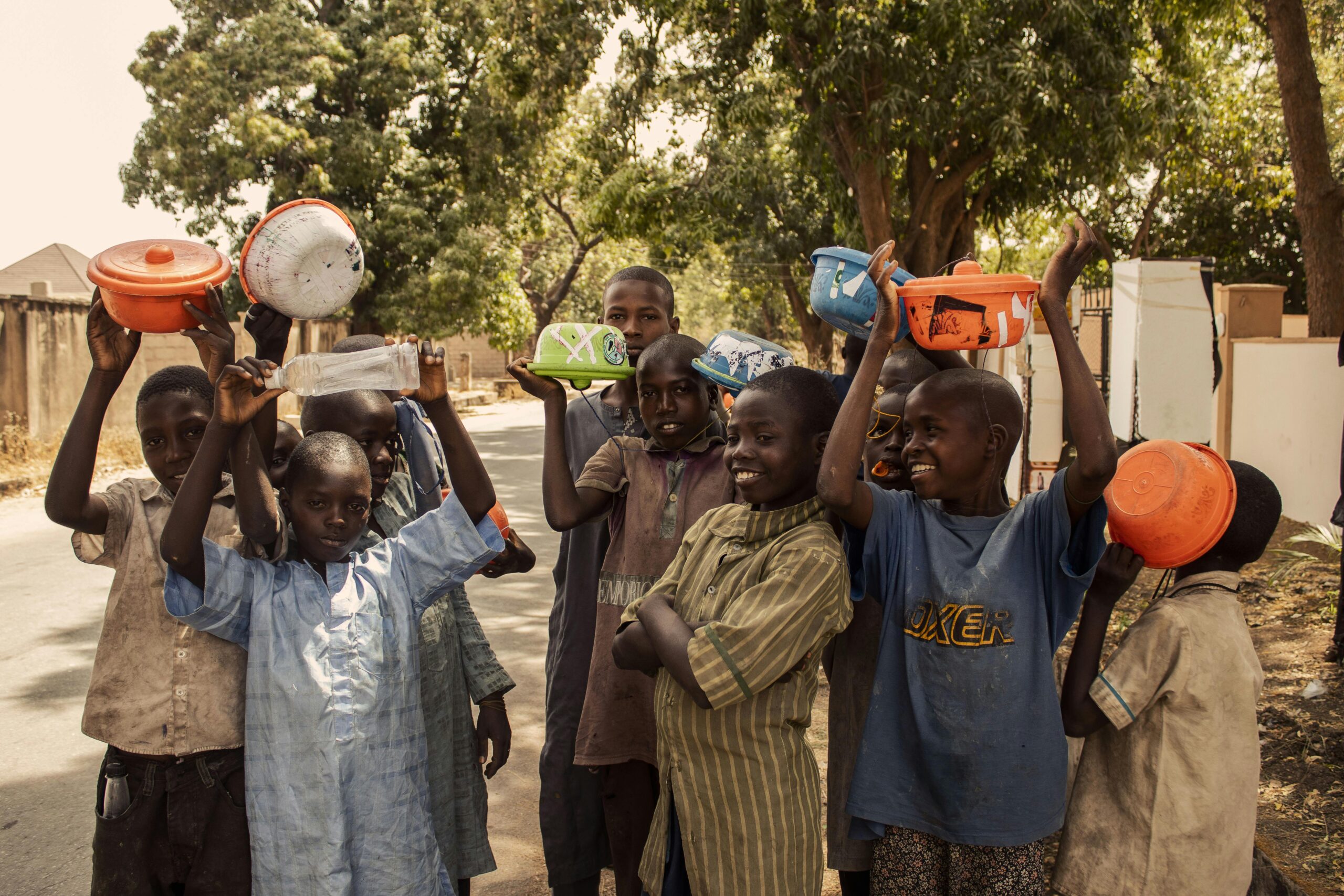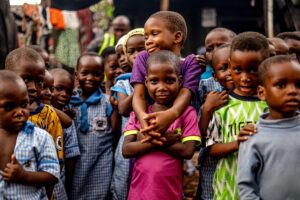In the bustling streets of Nigeria’s major cities — from Lagos to Kano, Abuja to Port Harcourt — a silent tragedy plays out daily. Among the traffic jams, market stalls, and busy sidewalks, thousands of vulnerable children roam the streets, battling hunger, abuse, exploitation, and neglect. These children are more than just part of the urban scenery — they are the forgotten voices of a growing social and humanitarian crisis.
Who Are Nigeria’s Street Children?
Street children in Nigeria are typically defined as minors for whom the streets (including uncompleted buildings, markets, or bus stations) have become their home and source of livelihood. Some still maintain ties to families, returning occasionally, while many others live entirely detached, surviving in harsh, dangerous conditions.
These children often end up on the streets due to poverty, family breakdown, abuse, loss of parents, forced displacement, or as victims of trafficking. For some, the streets offer the illusion of freedom from domestic violence or hunger. For others, it’s the only reality they’ve ever known.
Why Are They Vulnerable?
Life on the street exposes children to relentless dangers:
-
Physical and Sexual Abuse: Street children are easy targets for predators. They lack protection and are often forced into exploitative relationships or coerced into criminal activities.
-
Malnutrition and Health Risks: Without reliable food, clean water, or access to medical care, street children suffer malnutrition, untreated injuries, exposure to diseases, and poor hygiene.
-
Lack of Education: Education, a fundamental right, becomes a distant dream for these children. With no schooling, they are trapped in a cycle of illiteracy and poverty.
-
Drug Abuse and Crime: Many street children fall into substance abuse as a way to cope with the harshness of their reality. Others are groomed into petty theft, gangs, or organized crime, perpetuating their marginalization.
Root Causes
The problem of vulnerable street children in Nigeria is deeply rooted in systemic social and economic challenges:
-
Poverty and Inequality: Millions of Nigerian families live below the poverty line, often unable to meet their children’s basic needs.
-
Family Breakdown: Domestic violence, neglect, and parental death — especially due to HIV/AIDS, conflict, or maternal mortality — force many children to fend for themselves.
-
Urbanization: As rural families migrate to cities in search of better opportunities, many end up in slums and informal settlements, leaving children exposed and unsupervised.
-
Conflict and Displacement: In parts of northern Nigeria, armed conflict and insurgency have displaced thousands of children, many of whom end up on the streets far from home.
The Human Cost
Beyond the statistics, every child on the street has a name, a story, and untapped potential. Each represents a future lost to society — future teachers, engineers, artists, and leaders robbed of the chance to grow in a nurturing environment.
When society fails to care for its most vulnerable, the repercussions echo for generations. Street children are often trapped in a cycle of poverty, exclusion, and crime, with little hope of escape without intervention.
The Role of Adewumi Foundation
At Adewumi Foundation, we believe every child deserves a chance — no matter where they were born or where they lay their head at night. Our work focuses on creating meaningful change for vulnerable children, including:
-
Education Access: Providing scholarships and funding for school fees, uniforms, and learning materials for at-risk children.
-
Shelter and Care: Partnering with local shelters and safe spaces to offer temporary and permanent refuge to street children.
-
Nutrition and Health Support: Ensuring children receive regular meals, healthcare access, and emotional support.
-
Family Reintegration and Counseling: Working to reunite children with extended families or foster homes where possible, supported by professional counseling and mentorship.
A Call for Compassion and Action
Solving the street children crisis in Nigeria requires a collective effort from individuals, communities, organizations, and governments. As part of our mission at Adewumi Foundation, we urge everyone to:
-
Raise Awareness: Share the reality of street children’s lives to drive public concern and policy attention.
-
Volunteer and Donate: Your time, resources, or financial contributions can directly change the trajectory of a child’s life.
-
Advocate for Policy Change: Support initiatives that protect children’s rights, provide social safety nets for families, and hold institutions accountable for the welfare of minors.
Discover more from Adewumi Foundation
Subscribe to get the latest posts sent to your email.




